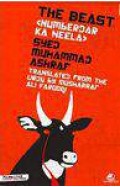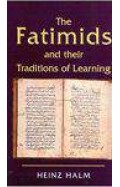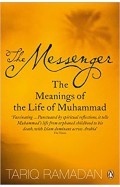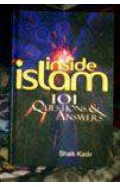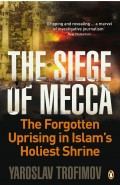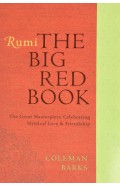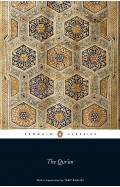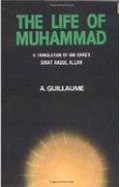ALL THE KING’S FALCONS Rumi on Prophets and Revelation
By: John Renard
-
Rs 672.00
- Rs 840.00
- 20%
You save Rs 168.00.
Due to constant currency fluctuation, prices are subject to change with or without notice.
ALL THE KING’S FALCONS Rumi on Prophets and Revelation John Renard This book looks at Riaml’s insights into the meaning of the second half of the basic Muslim creed, namely, the nature and function of revelation through prophets. All the King’s Falcons draws out Rumi’s distinctive and creative insights into Islamic religious culture by focusing on his treatment of prophets as instruments in God’s communication with humankind. But there is more to Riamis views of revelation than meets the eye, for he does not view the prophets, from Adam to Muhammad, merely as historic individuals who lived and died. Stories and images of the prophets provide this mystic and poet with a way of communicating his rich awareness of the reality of the divine message. John Renard has chosen this topic as the basis for his investigations into Rami’s theological approach. Trained as a theologian and orientalist, he is in a position to put Mawlana’s prophetology into the central place where it belongs, and many of Mawlana’s numerous allusions to the prophets offer a fascinating picture of the various aspects of a prophet’s role. Thus, the book will be an eye-opener for many of Mawlana’s admirers.
ALL THE KING’S FALCONS Rumi on Prophets and Revelation John Renard This book looks at Riaml’s insights into the meaning of the second half of the basic Muslim creed, namely, the nature and function of revelation through prophets. All the King’s Falcons draws out Rumi’s distinctive and creative insights into Islamic religious culture by focusing on his treatment of prophets as instruments in God’s communication with humankind. But there is more to Riamis views of revelation than meets the eye, for he does not view the prophets, from Adam to Muhammad, merely as historic individuals who lived and died. Stories and images of the prophets provide this mystic and poet with a way of communicating his rich awareness of the reality of the divine message. John Renard has chosen this topic as the basis for his investigations into Rami’s theological approach. Trained as a theologian and orientalist, he is in a position to put Mawlana’s prophetology into the central place where it belongs, and many of Mawlana’s numerous allusions to the prophets offer a fascinating picture of the various aspects of a prophet’s role. Thus, the book will be an eye-opener for many of Mawlana’s admirers.
ALL THE KING’S FALCONS Rumi on Prophets and Revelation
By: John Renard
Rs 672.00 Rs 840.00 Ex Tax :Rs 672.00
Zubin Mehta: A Musical Journey (An Authorized Biography)
By: VOID - Bakhtiar K. Dadabhoy
Rs 472.50 Rs 1,050.00 Ex Tax :Rs 472.50
The Messenger: The Meanings of the Life of Muhammad
By: Tariq Ramadan
Rs 2,076.00 Rs 2,595.00 Ex Tax :Rs 2,076.00
Rumi :The Big Red Book The Great Masterpiece Celebrating Mystical Love And Friendship -
By: Coleman Barks
Rs 2,156.00 Rs 2,695.00 Ex Tax :Rs 2,156.00
Most Beautiful Names Of Allah
By: Samira Fayyad Khawaldeh
Rs 1,231.75 Rs 1,895.00 Ex Tax :Rs 1,231.75
No recently viewed books available at the moment.
Zubin Mehta: A Musical Journey (An Authorized Biography)
By: VOID - Bakhtiar K. Dadabhoy
Rs 472.50 Rs 1,050.00 Ex Tax :Rs 472.50
ALL THE KING’S FALCONS Rumi on Prophets and Revelation
By: John Renard
Rs 672.00 Rs 840.00 Ex Tax :Rs 672.00











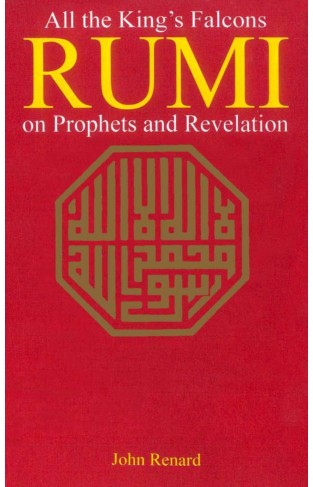
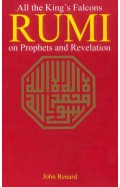
-120x187.jpg?q6)





